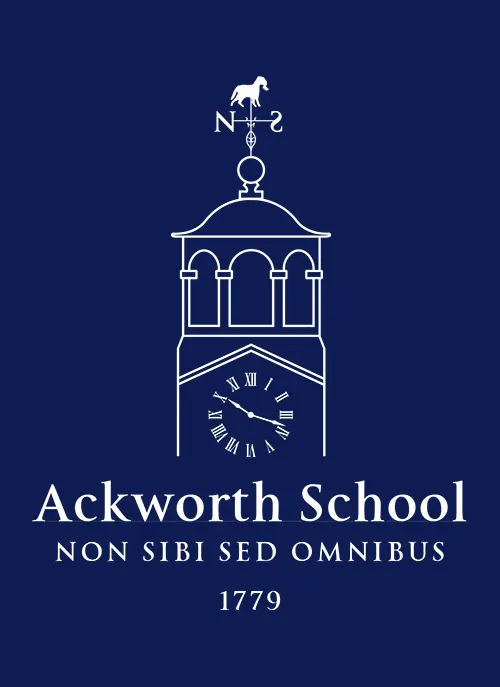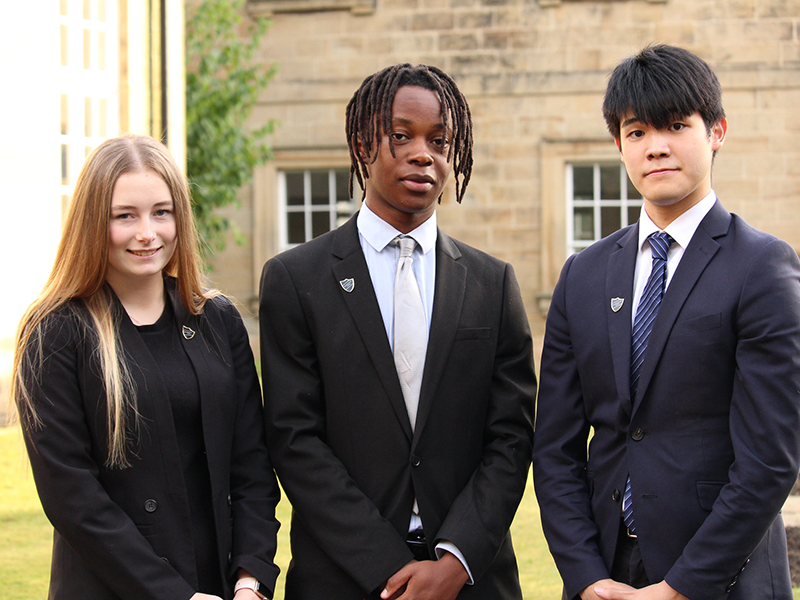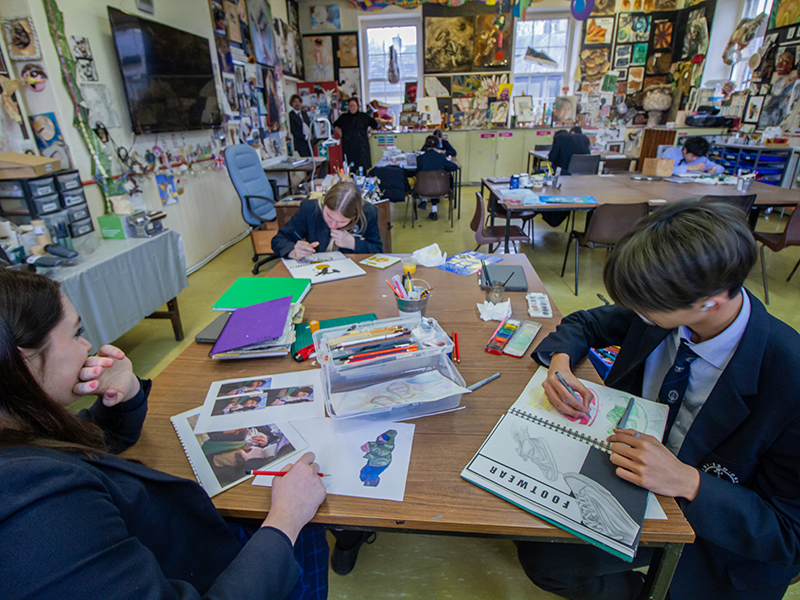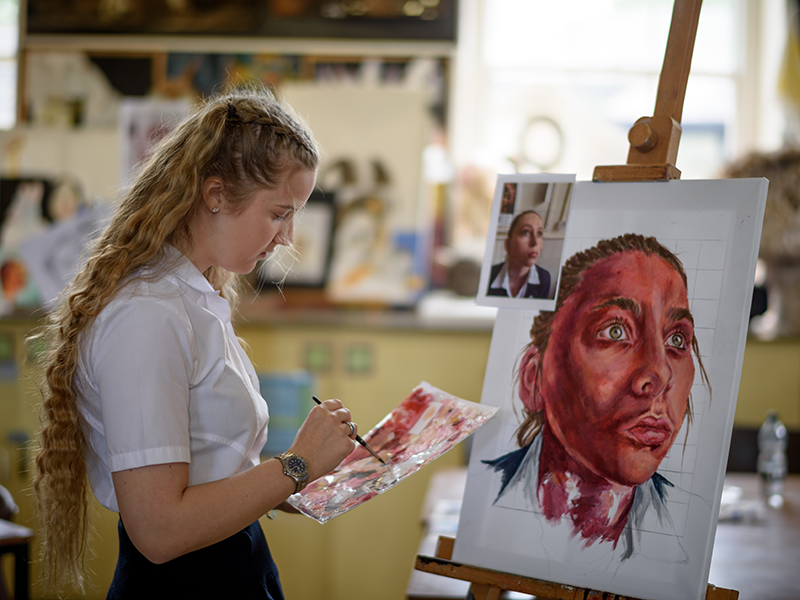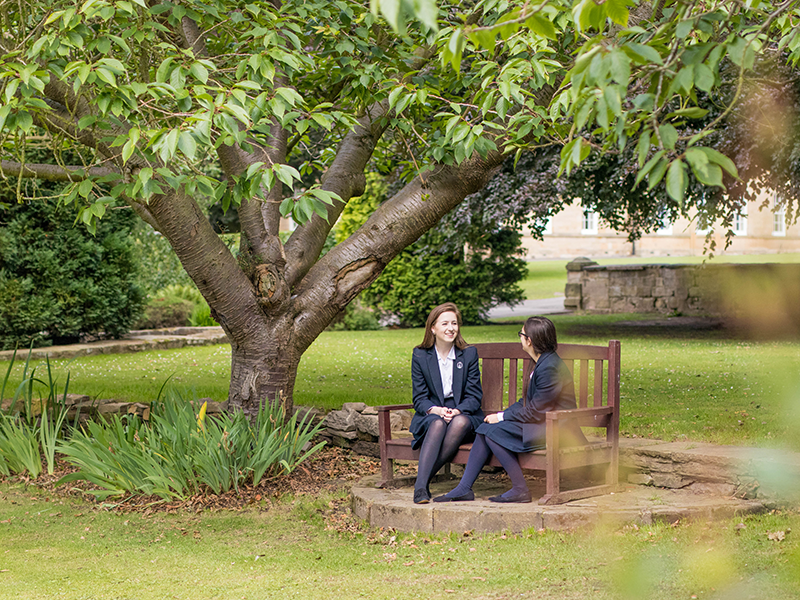A-Level Design and Technology

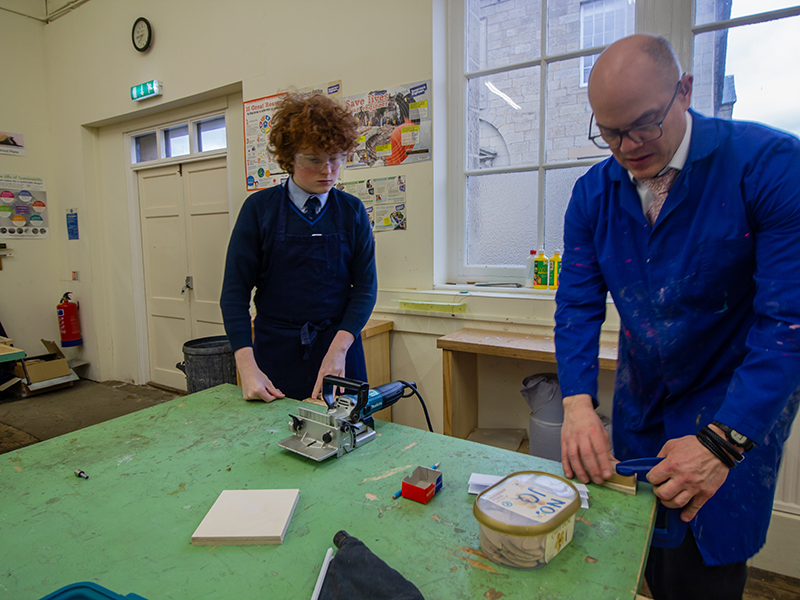

Design & Technology at Ackworth is a forward-looking department, committed to the development of the subject. The teaching groups are small in all years, enabling high standards of design and manufacture to be maintained. Students study a variety of material areas and appreciate how integral design is in the world of today. Students are encouraged to focus on their problem-solving skills as well as their ability to innovate both practically and through their design work. At A-Level, the students look to develop their design and innovations skills when developing new products at a commercial level. For this course, we follow the AQA syllabus for Product Design. The teaching of the subject is approached through a design base, encouraging students to apply their knowledge and experience to solving set problems which are then realised at a practical level which not only develops skills but also an awareness of materials and processes. The department is fully equipped in both traditional wood and metal working areas including heat treatment and machine room, as well as a dedicated CAD/CAM suite which includes a laser cutter and 3D Printer. Many of our pupils go on to university to study degrees with a technological bias, including various Engineering degrees, Architecture as well as through the design route which include Product, Industrial and Graphic Design.
Department Staff:
Michael Windsor (Head of Department) Matthew Sanderson, Neil Bennett
Exam board: AQA
Syllabus code: 7552
Module and course content:
Modules and course content:
Exam Paper 1 (2 ½ hours) 30% of A-Level
Technical principles which include:
- Materials and their applications
- Modern industrial and commercial practice
- Digital design and manufacture
- Protecting designs and intellectual property
Exam Paper 2 (1 ½ hours) 20% of A-Level
Design and making principles which include:
- Design theory
- Design processes
- Selecting appropriate tools, equipment and processes
- Responsible design
- Project Management
- National and international standards in product design
Non Examined Assessment 50% of A-Level
